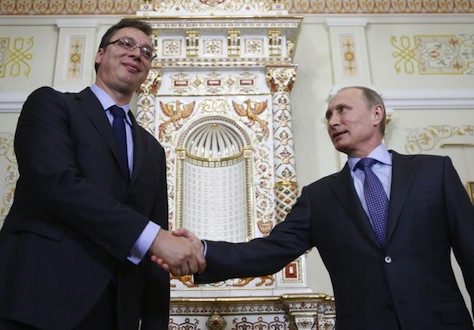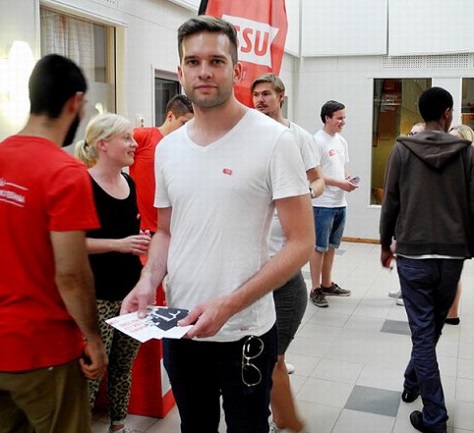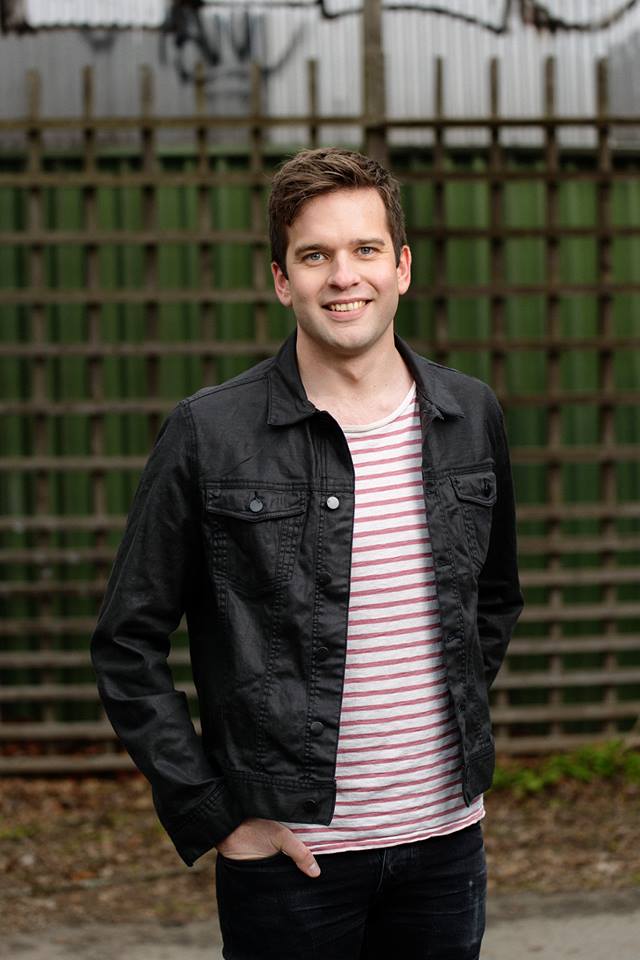Russian president Vladimir Putin travel to Belgrade on Thursday with a warm welcome from Serbian prime minister Aleksandar Vučić (pictured above, left, with Putin) with parades and fanfare.![]()
![]()
![]()
![]()
Even as a shaky ceasefire between the Ukrainian government and pro-Russian eastern separatists limps forward, US and European policymakers continue to keep a wary eye on the Baltic states and Ukraine. Just over a month ago in Tallinn, US president Barack Obama disabused Putin that NATO would flinch in its response to any Russian attack against any of the Baltic states.
Russian aggression may have nudged Latvian voters into reelecting a center-right government otherwise unpopular after a half-decade of economic malaise and budget austerity, and Russian relations are certain to play a vital role in Ukraine’s snap parliamentary elections in less than two weeks.
Nevertheless, Western strategists may be overlooking Putin’s ability to undermine both EU and NATO resolve through the Achilles’ heel of southeastern Europe by leveraging economic, political and cultural influence in Bulgaria, Hungary and Serbia. While it’s hard to believe that Russia would assume the economic burdens of annexing large swaths of eastern Ukraine and even harder to believe that it would risk World War III by invading Russian-majority territory in Estonia, Russia could easily, quietly and gradually maximize its influence within southern Europe, a region that continues to suffer inordinately from the fallout of the global financial and eurozone debt crises.
Earlier this month, Bulgarian voters went to the polls for the second time in just 17 months. They elected a fragmented National Assembly, though the former pro-European, center-right prime minister Boyko Borissov is likely to return to power with a minority government. One of the first decisions he will have to make is whether to proceed with the South Stream natural gas pipeline, which would carry Russian energy through Bulgaria and to Austria, Hungary and elsewhere in southern Europe. The pipeline is one of the reasons, in fact, that the previous center-left coalition government fell earlier this summer. Continue reading Beware Putin’s southern European, soft-power front



